Masking and Visitation Changes: Due to high rates of respiratory illnesses in our community, we’ve made changes to our masking and visitation guidelines. Learn more.
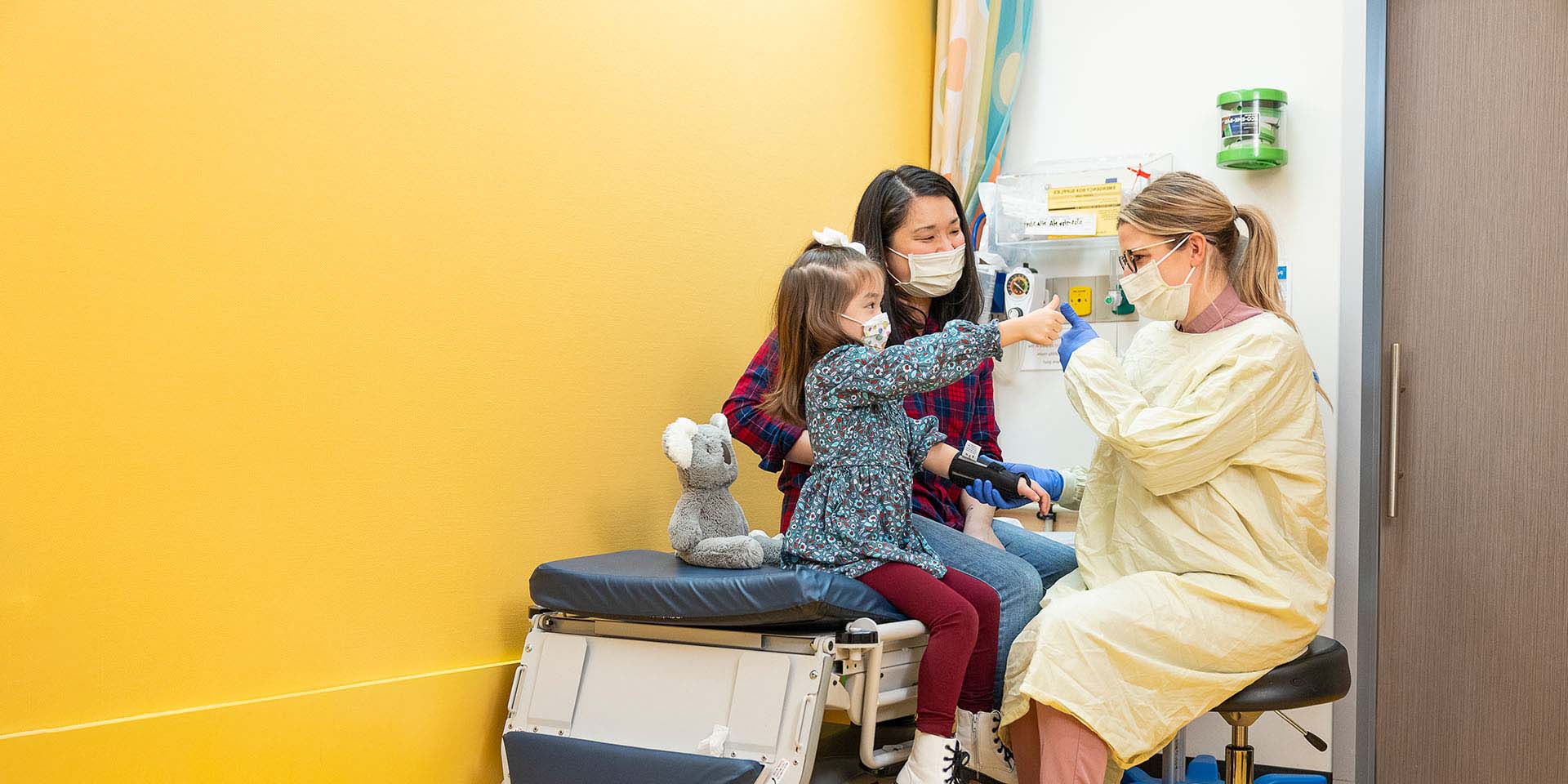
Read our latest nursing year in review to discover how our incredible nurses increased access to services, supported their colleagues and provided life-changing hope, care and cures.
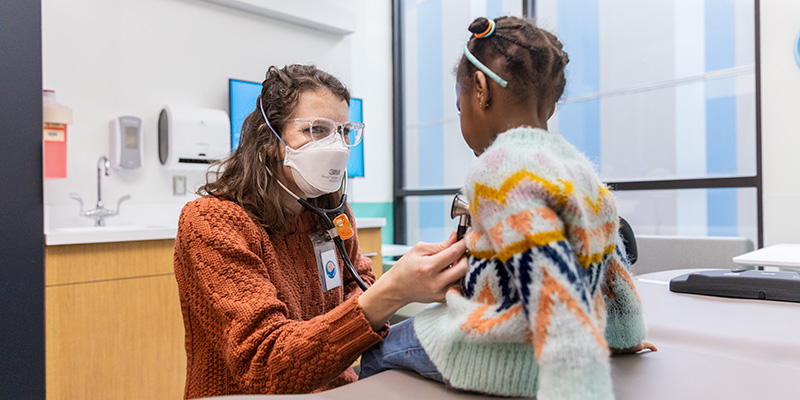
We will improve the continuity of care across the healthcare settings where our patients receive care — in the community, hospital and ambulatory settings.
We will increase our ability to care for our patients’ mental health needs.
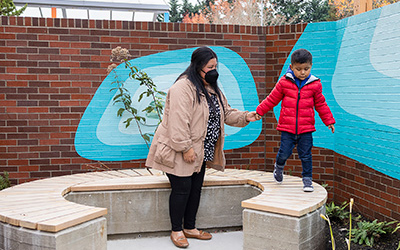
We will value the uniqueness of each patient, family member and colleague, and work to meet their individual needs.


We will develop programs and provide resources that foster development of each nurse to reach their full potential throughout their career.
We will create a work environment and provide opportunities where nurses feel valued and supported throughout their careers.
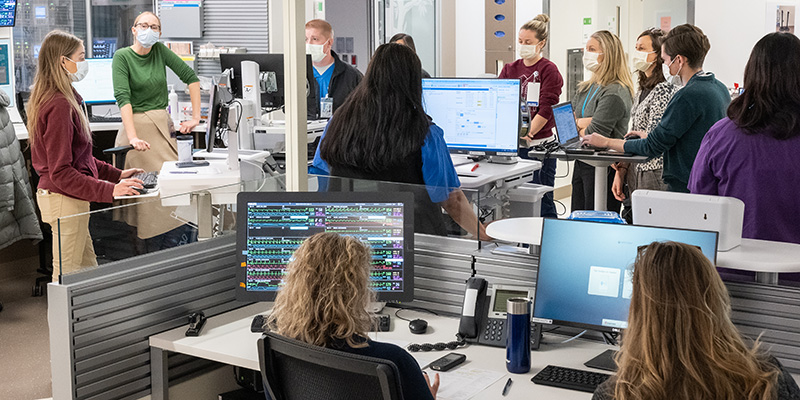
We will create and maintain a safe and healthy work environment.
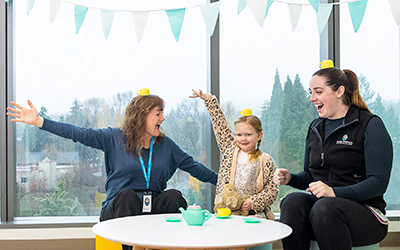
We will develop innovative approaches for staffing and care models that optimize nursing scope of practice to provide patients and families with excellent care.
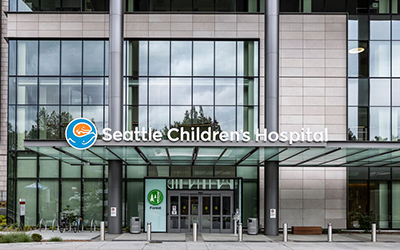
To reach our goals, we are committed to recruiting and retaining the best nurses. We invite you to search our current job openings.
Seattle Children’s provides opportunities for our nurses to learn and grow in an innovative environment while being in full partnership with other providers on multidisciplinary teams. We support and engage our nursing staff with training and educational opportunities, state-of-the-art-facilities and equipment, shared governance and comprehensive benefits.
When hiring, we look for nurses who share our passion for family-centered care and who practice at the top of their profession. Whether you are a new nursing graduate eager to participate in our healing environment, or a seasoned professional committed to advancing the practice of nursing, we welcome your application.